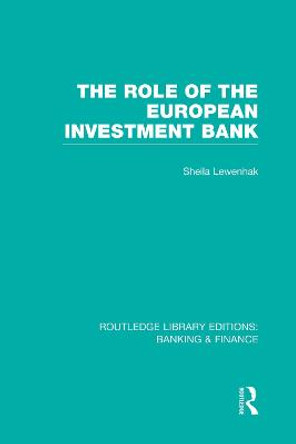This book analyses the widely-held view of the merits of the 'bank-based' German system of finance for investment, and shows that this view is not supported by evidence from the post-war period. The institutional features of the German system are such that universal banks have control of voting rights at shareholders' meetings due to proxy votes, and they also have representation on companies' supervisory boards. These features are claimed to have two main benefits. One is that the German system reduces asymmetric information problems, enabling banks to supply more external finance to firms at a lower cost, and thus increasing investment. The other is that German banks are able to mould and control managements of firms on behalf of shareholders, and thus ensure that firms are run efficiently. This book assesses whether empirical evidence backs up these claims, and shows that the merits of the German system are largely myths.
This book shows that there is no evidence to support the claims of merit for the German system of investment finance.Reviews'... a most welcome book ... there is a surprising amount of information collected, well organised, and thoughtfully discussed.' Journal of Economic Literature
Book InformationISBN 9780521566087
Author Jeremy EdwardsFormat Paperback
Page Count 268
Imprint Cambridge University PressPublisher Cambridge University Press
Weight(grams) 395g
Dimensions(mm) 229mm * 152mm * 17mm










